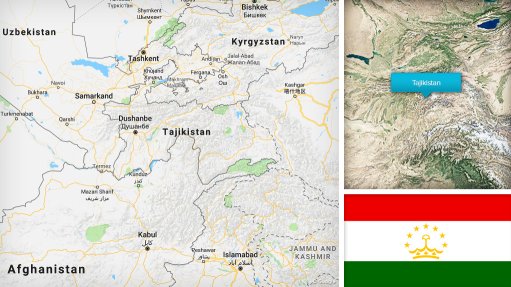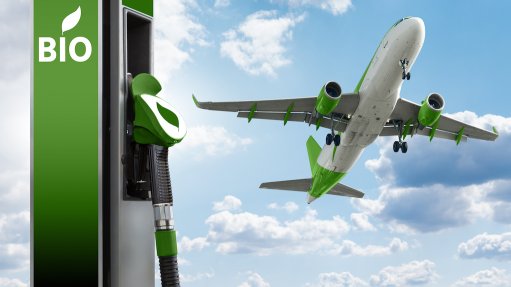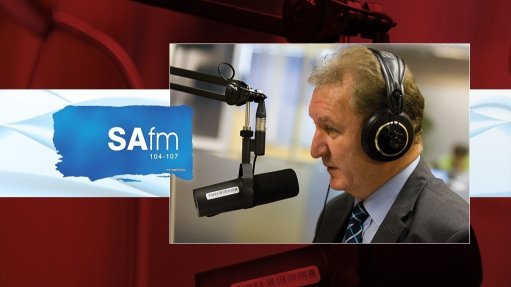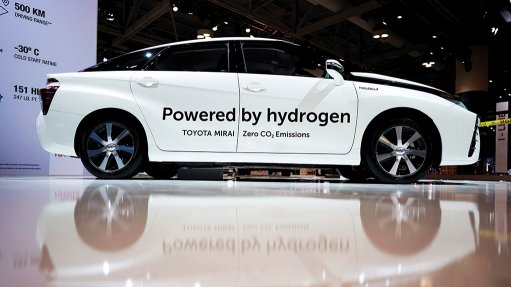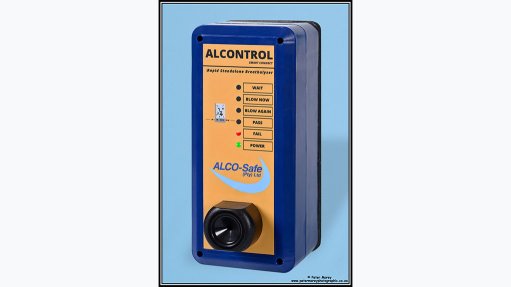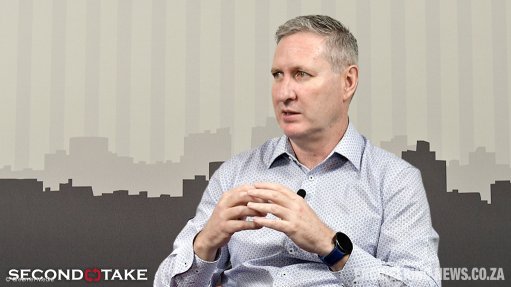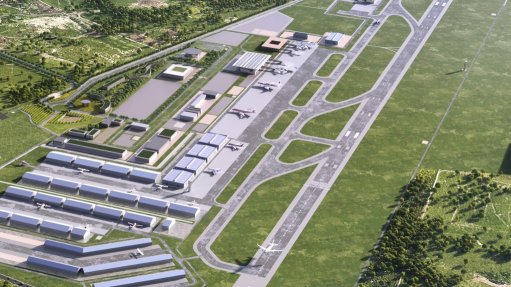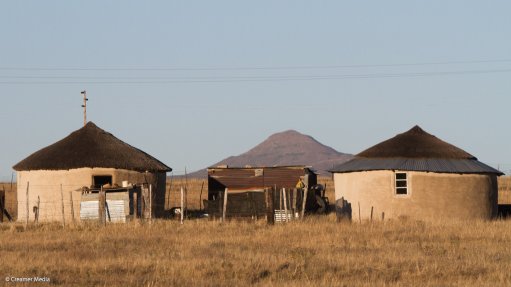SA economy flying by the seats of its pants
It is said that bad news comes in threes. If only South Africa was that fortunate – the country exhausted its quota a long time ago and hardly a week goes by without bad news about the performance of the South African economy being reported in the media. The news is about either what has already happened or what is anticipated.
The problem with bad news is that it ‘solidifies’ perceptions – they become the reality, whether those perceptions are founded or not. Turning the tide is, at the very least, a very difficult endeavour, but the compounding effect of bad news makes doing so near impossible. It is like a spiral dive that a pilot accidentally enters into. Such an accidental manoeuvre is normally attributable to a pilot being untrained or not being proficient in instrument flight when flying in instrument meteorological conditions. This phenomenon goes by many names, such as ‘death spiral’, ‘suicide spiral’ and ‘vicious spiral’.
It is said that the ‘graveyard spiral’ is the most common, where no horizon is visible, as a result of several sensory illusions, which result in the pilot experiencing spatial disorientation and losing awareness of the aircraft’s attitude. Presumably, the pilot’s ability is impaired and, as a consequence, he or she loses the ability to judge the aircraft’s orientation. In technical terms, it is essentially flying by “the seat of the pants”. This could well qualify as an analogy of the South African economy and how it is being piloted.
The latest dose of bad news is about something that has not yet happened, that has not been realised yet, but is anticipated. I am, of course, referring to the envisaged increase of R1.12/ℓ in the fuel price, which will likely come into effect next month, if the mid-month unaudited data from the Central Energy Fund (CEF) is anything to go by. According to the Automobile Association (AA), the CEF’s data is “predicting the biggest fuel price hike in South Africa’s history by some margin”.
The AA contends that, “should this increase materialise, it will push the price of Octane 93 unleaded fuel [in the inland regions] close to R17/ℓ, [compared with] a January 2018 price of R14.20/ℓ – a total increase of around 20%, year-to-date”.
Unsurprisingly, one of the sectors for which a price increase to this level would be ‘especially catastrophic’ is the agriculture sector. You might recall from last week’s column that South Africa is said to be in a ‘technical recession’ and that, for the second quarter of this year, the agriculture, forestry and fishing industry decreased by 29.2%, which was mainly due to a drop in the production of field crops and horticultural products. Describing the potential effects of the invisaged fuel price increase as ‘catastrophic’ might well be an understatement.
Too often, we forget that South Africa is a ‘long-haul destination’, both for its internal markets and its external markets, as a consequence of which fuel prices have a significant impact on the pricing of products. For the moment, all that we can do is to pray that matters improve by the end of the month. There is not much else that can be done – it is out of our hands.
When South Africans are faced with an increase in the fuel price, there is always the temptation to take a closer look at the composition of the fuel price. It could be argued that, for too long, fuel’s perfect price elasticity of demand has made it a very easy, if not the most favoured, target for the imposition of taxes. Arguably, this is a practice that cannot continue forever. The Laffer Curve, anyone?
As a matter of interest, the cheapest price for a litre of fuel is $0.01. The country? Venezuela. In South Africa, in dollar terms, a litre of fuel costs $1.09.
Article Enquiry
Email Article
Save Article
Feedback
To advertise email advertising@creamermedia.co.za or click here
Comments
Press Office
Announcements
What's On
Subscribe to improve your user experience...
Option 1 (equivalent of R125 a month):
Receive a weekly copy of Creamer Media's Engineering News & Mining Weekly magazine
(print copy for those in South Africa and e-magazine for those outside of South Africa)
Receive daily email newsletters
Access to full search results
Access archive of magazine back copies
Access to Projects in Progress
Access to ONE Research Report of your choice in PDF format
Option 2 (equivalent of R375 a month):
All benefits from Option 1
PLUS
Access to Creamer Media's Research Channel Africa for ALL Research Reports, in PDF format, on various industrial and mining sectors
including Electricity; Water; Energy Transition; Hydrogen; Roads, Rail and Ports; Coal; Gold; Platinum; Battery Metals; etc.
Already a subscriber?
Forgotten your password?
Receive weekly copy of Creamer Media's Engineering News & Mining Weekly magazine (print copy for those in South Africa and e-magazine for those outside of South Africa)
➕
Recieve daily email newsletters
➕
Access to full search results
➕
Access archive of magazine back copies
➕
Access to Projects in Progress
➕
Access to ONE Research Report of your choice in PDF format
RESEARCH CHANNEL AFRICA
R4500 (equivalent of R375 a month)
SUBSCRIBEAll benefits from Option 1
➕
Access to Creamer Media's Research Channel Africa for ALL Research Reports on various industrial and mining sectors, in PDF format, including on:
Electricity
➕
Water
➕
Energy Transition
➕
Hydrogen
➕
Roads, Rail and Ports
➕
Coal
➕
Gold
➕
Platinum
➕
Battery Metals
➕
etc.
Receive all benefits from Option 1 or Option 2 delivered to numerous people at your company
➕
Multiple User names and Passwords for simultaneous log-ins
➕
Intranet integration access to all in your organisation






